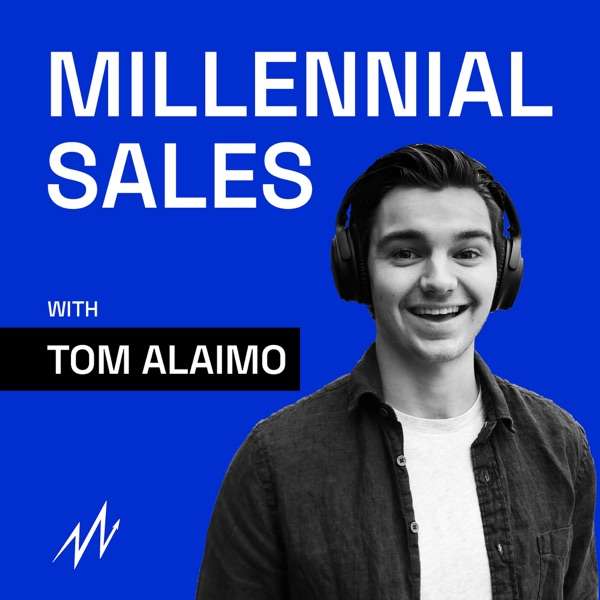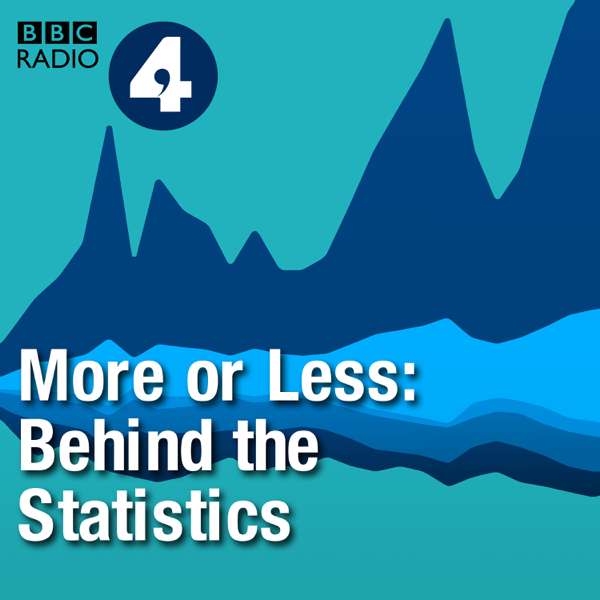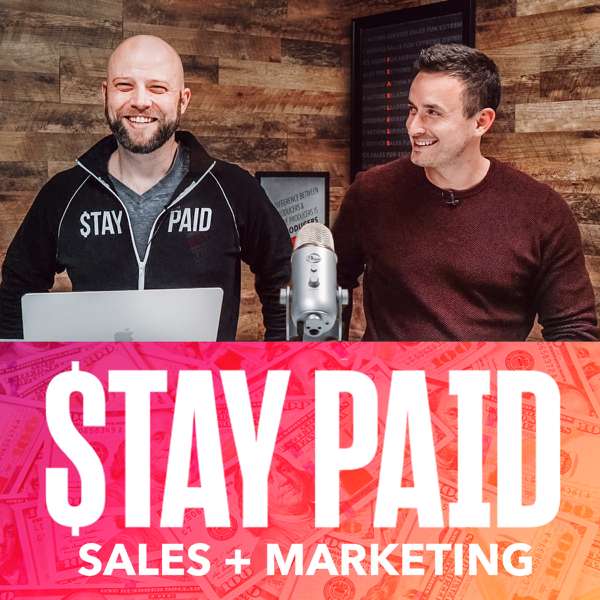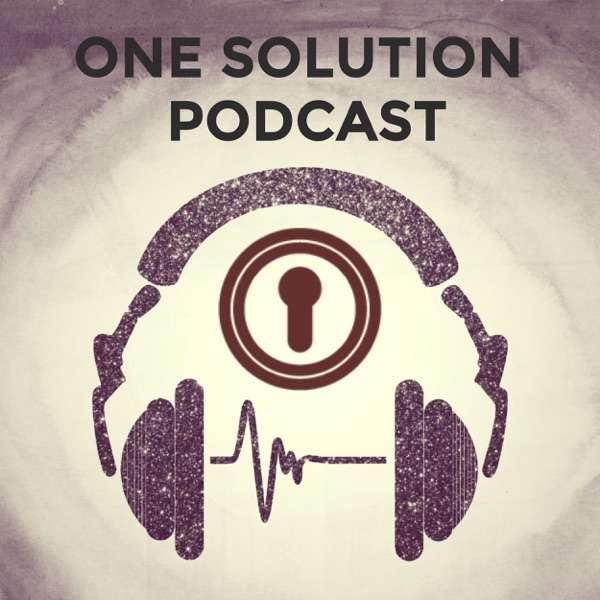Trickle-down economics would have you believe that the rich are job creators—the more money they have to invest in creating jobs, the better the economy is for everybody. This lie has had catastrophic effects: the top 0.1% of Americans now own more wealth than the bottom 90% of Americans combined. Class traitor Abigail Disney and tax expert Chye-Ching Huang are on this week to make the case for taxing the rich.
Abigail Disney is a documentary filmmaker, philanthropist, and social activist. She is the granddaughter of Roy Disney, the co-founder of the Walt Disney Company.
Twitter: @abigaildisney
Chye-Ching Huang is the Director of Federal Fiscal Policy at the Center on Budget Policy Priorities, where she focuses on the fiscal and economic effects of federal tax and budget policy. She rejoined the Center in 2011 after working as a Senior Lecturer at the University of Auckland, where she taught tax law and conducted research in tax law and policy.
Twitter: @dashching CenteronBudget
Further reading:
For the first time in history, U.S. billionaires paid a lower tax rate than the working class last year: https://www.washingtonpost.com/business/2019/10/08/first-time-history-us-billionaires-paid-lower-tax-rate-than-working-class-last-year/
In Open Letter, Billionaires Co-Sign New Wealth Tax Proposal: ‘Revenue Should Come From the Most Financially Fortunate’: https://time.com/5613228/billionaires-calling-for-wealth-taxes/
Want to grow the economy? Tax rich people like me: https://www.businessinsider.com/nick-hanauer-defends-wealth-tax-grow-economy-create-jobs-2019-7
Disney Heiress Calls for Wealth Tax: ‘We Have To Draw A Line’: https://www.npr.org/2019/06/28/736993245/disney-heiress-calls-for-wealth-tax-we-have-to-draw-a-line
Tax Code Can Do More to Narrow Racial Gaps in Income and Wealth: https://www.cbpp.org/blog/tax-code-can-do-more-to-narrow-racial-gaps-in-income-and-wealth
Wealth tax explainer: Why Bernie Sanders, Elizabeth Warren and billionaires like George Soros alike are calling for a specialized tax on the ultra-wealthy: https://www.businessinsider.com/wealth-tax-definition-explained-elizabeth-warren-2019-7
Fundamentally Flawed 2017 Tax Law Largely Leaves Low- and Moderate-Income Americans Behind: https://www.cbpp.org/federal-tax/fundamentally-flawed-2017-tax-law-largely-leaves-low-and-moderate-income-americans
The Rich Can’t Get Richer Forever, Can They? https://www.newyorker.com/magazine/2019/09/02/the-rich-cant-get-richer-forever-can-they
The Disney heiress who’s begging for a wealth tax says income inequality has created a ‘superclass’ in the US -- and it’s putting the American dream at risk: https://www.businessinsider.com/abigail-disney-income-inequality-american-dream-wealth-tax-2019-6
How the Federal Tax Code Can Better Advance Racial Equity: https://www.cbpp.org/research/federal-tax/how-the-federal-tax-code-can-better-advance-racial-equity

 Our TOPPODCAST Picks
Our TOPPODCAST Picks  Stay Connected
Stay Connected







